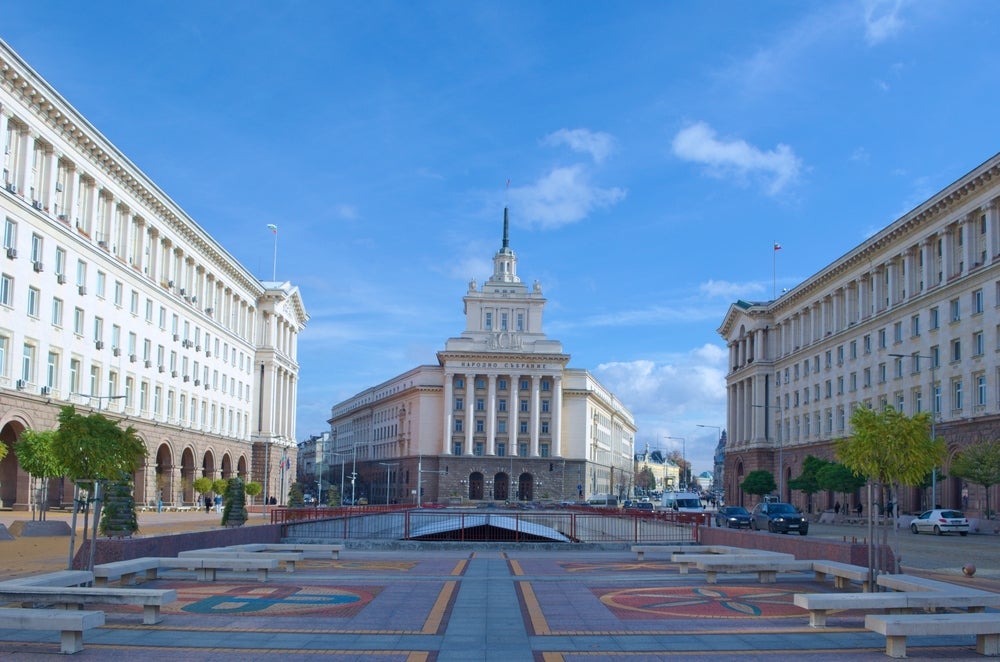
Bulgaria recorded a 32.5% increase in foreign direct investment (FDI) in the first seven months of 2023. According to the National Bank of Bulgaria, the country reached €2.05bn (Lv4bn) in FDI net inflows between January and July 2023. That is €505.4m more compared with the same period in 2022 (€1.55bn).
The biggest jump was recorded in share capital, with the bank reporting €356.5m for January to July 2023, or €270.6m more than in the first seven months of 2022 (€85.8m).

Discover B2B Marketing That Performs
Combine business intelligence and editorial excellence to reach engaged professionals across 36 leading media platforms.
News of the positive FDI inflow comes shortly after Bulgaria’s neighbour, Romania, announced a 29% slump in FDI in the first half of 2023.
According to a report published by the National Bank of Romania on 13 September, non-residents’ direct investments in Romania reached €4.25bn ($21.13bn lei) between January and July 2023, down from the €5.99bn recorded during the same period in 2022.
The National Bank of Bulgaria said in the press release: “The largest net positive direct investment flows in the country for January to July 2023 are from the Netherlands (€556.9m), Belgium (€248.6m) and Germany (€216.1m), while the largest net negative flows are to Switzerland (€43m) and Italy (€35.8m).”
Bulgaria has struggled to keep the FDI momentum going since 2007, when the country achieved a record $13.88bn in foreign investment, according to the World Bank.

US Tariffs are shifting - will you react or anticipate?
Don’t let policy changes catch you off guard. Stay proactive with real-time data and expert analysis.
By GlobalDataDespite this, Bulgaria ranks ninth among countries on the FDI Performance Index, which measures inbound FDI projects as a proportion of the total population. The most active sector for inbound foreign investment in Bulgaria remains technology, media and telecommunications, followed by construction, real estate and financial services.



